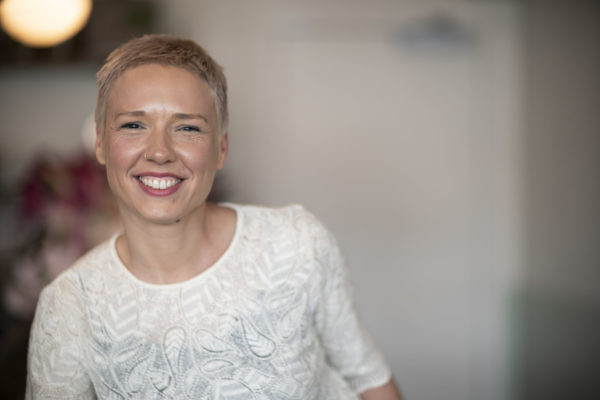
From Emily Bitto:
This may not be relevant for you, depending on where you are in relation to ongoing projects, but this summer I’ve decided to give myself some time to rediscover a sense of joy and playfulness in my writing. After a hectic year, I’m feeling stale and burnt out, and I’m also feeling like pushing back against our culture’s ‘productivity’ obsession. So I’ve decided to just write whenever and whatever I feel like, with no pressure or expectation. By the end of January I might have started ten short stories and not finished any of them, but that’s ok. The idea is to get back to a sense of play and genuine creativity, rather than motivating myself with deadlines and negative self talk.
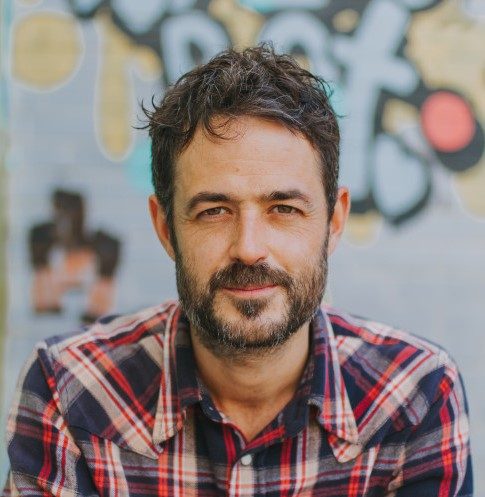
From Miles Allinson:
Who was it who put up a sign when they went to bed: ‘Quiet—the poet is working!’? I could look it up but I’m not going to. What’s wrong with not knowing? ‘Daydreaming is necessary,’ as Helen Garner said.’Peculiar material rises to the surface.’ ‘Every dream is a treasure,’ said Eugene Gendlin. Writing is hard, but a good amount of it can be done in a hammock, with your eyes closed.
Emily Bitto and Miles Allinson teach Writing a Novel in Melbourne.
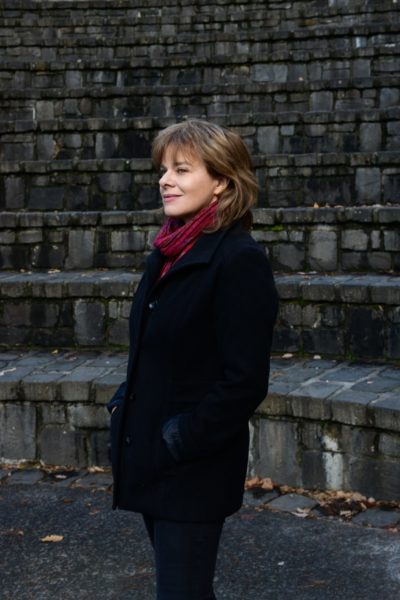
From Carrie Tiffany:
I recommend James Baldwin’s advice to “write a sentence as clean as a bone.” The focus isn’t just on that sharp, clean bone, but on “a sentence.” Start small. Each sentence is a critical unit of meaning. Your holiday task could be to produce one good sentence a day. Buy yourself a tiny notebook or tap them into your phone. After a few weeks these good sentences will be the kindling that stokes your story or novel into life. I’ll also be reading poetry. I’m finding Louise Gluck, Alice Oswald, Maria Takolander and Andy Jackson highly nutritious.
Carrie Tiffany teaches Writing a Novel online.
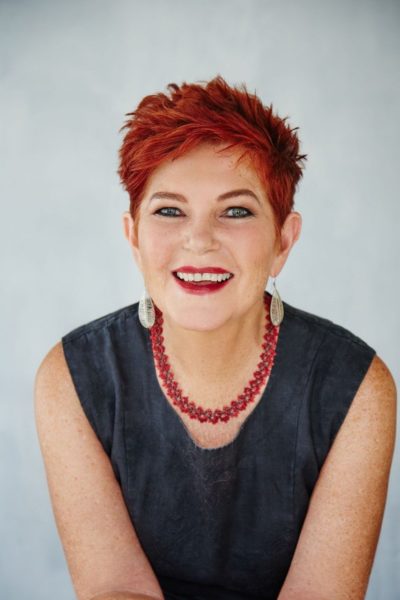
From Patti Miller:
Each New Year’s day for as long as I can remember, I pick up a new notebook and pen and write. No matter how much champagne the night before, no matter if I am at the beach or visiting family or travelling – I make time for writing. For me, it is a ritual, a signal to my creative self, to start the year as I mean to continue it. I don’t write for long, perhaps a hour, just a few pages, but it sets me on my path for the year. Taking the first steps in the right direction is my way of preparing for the year ahead.
Patti Miller teaches Writing True Stories in Sydney.

From Margo Lanagan:
Go to your local library and hunt down some titles that have nothing to do with your current project. Just follow your preferences—choose subjects you’ve always been vaguely interested in, or that are completely new to you. Intimidated by poetry? Try a collection that looks fairly painless to get into. Just want a rest from words? Choose some coffee-table-type books to feast your eyes on. Grab books you’ll be engrossed in, others that you’ll dip into. Think of this as composting your imagination, encouraging growth and play. Even if having an away-holiday this year, you can take your mind on an adventure.
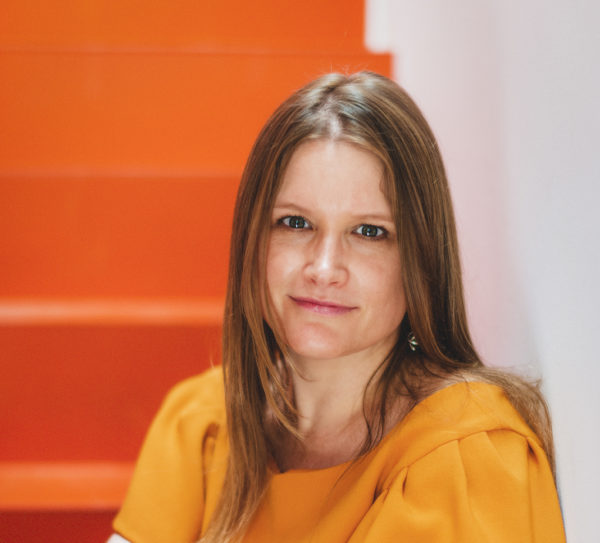
From Gretchen Shirm:
My advice for the holiday period is to read well, pay attention to the world, and move your body: those are the things that will shake loose the breakthroughs you need. Read what feels nourishing, you will be naturally drawn to the writers you need. Pay attention to everything, the small things; especially the things everyone else overlooks. Also remember that the rhythms of language are related to the rhythms of the body, so walking, moving, swimming, cycling — all those things will help you to find the words that you need.
Margo Lanagan and Gretchen Shirm teach Writing a Novel in Sydney.
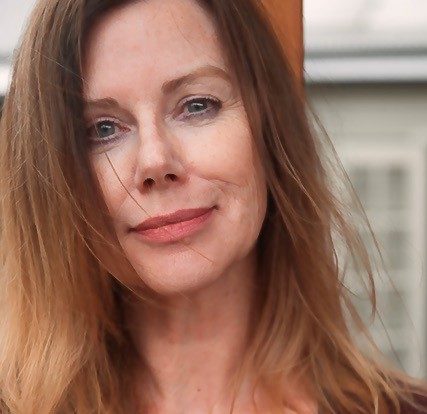
From Deborah Robertson:
1) Write 300 words a day. Your aim is to progress your narrative. Don’t fuss or fiddle with the words too much and don’t judge. Remind yourself: this is as bad as the writing will ever be.
2) When writing your words, always leave something in the tank for tomorrow.
3) After you have written, go for a walk. If your memory isn’t good, take phone or notebook to record your thoughts about the day’s writing and what you will write tomorrow.
4) Read, read, read.
Deborah Robertson teaches Writing the Narrative Nonfiction Book: Completing Your Manuscript in Melbourne.
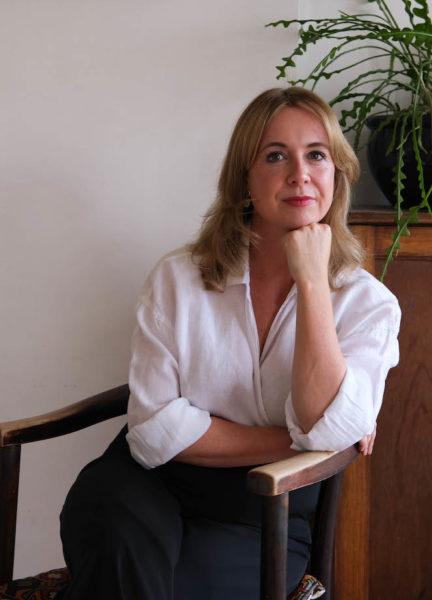
Two tips from Rebecca Giggs:
It might sound a bit bureaucratic, but as you draw toward the end of the year write yourself a ‘Handover Memo’. The purpose of this document is to review the work you’ve done to date with a generosity of spirit: write it as though you meant to put the best possible gloss on your progress, for a colleague who inspires you. (Though, in fact, that ‘colleague’ will be yourself in 2023). In the Memo note not just what you’ve done, but how it felt to get this far. Identify the best, most interesting place to re-enter the project. Write down your big unanswered questions. Then print it out, and put it in a nice box or a folder on top of any other papers; and store it safely. Now your brain can let go of consciously worrying about the project, and you can look forward to returning to it renewed.
Rebecca’s bonus tip:
The downtime at the end of the year can offer a chance to reflect on goal-setting and motivation for the year to come. Every writer who has their sights set on completing a big project needs to work out how to break that project down into smaller increments, and then incentivise themselves to land one thing after another. Maybe you need a visual cue, like a calendar with stickers, or one of those diagrams of a thermometer you sometimes see at fundraising events — where you colour it in to mark off progress.
I have one friend, an author, who buys herself several presents in the Boxing Day sales and wraps them with labels like “Open at 10,000 Words” “Open at 20,000 Words”, “Open On the Day You Successfully Cut 5,000 Words” and “Open On a Day When You Only Wrote One Paragraph, And It Was Murder.” Then she places the presents in her study, or somewhere where she can see them as she goes about her week. It’s important to give yourself rewards, and not link punitive behaviour to your creative effort (i.e. ‘if I don’t finish this chapter, I can’t go to the party’). Take the time to consider all the gold coins you might place along the pathway toward a finished piece of writing. This kind of intrinsic motivation will be crucial in building a resilient writing practice. The writer who waits for extrinsic reward to come from agents, publishers, book sales, prizes and so forth — and who relies on brutal, white-knuckled force of will in the meanwhile — will find every sentence a battle.
Rebecca Giggs teaches Writing Creative Nonfiction online.
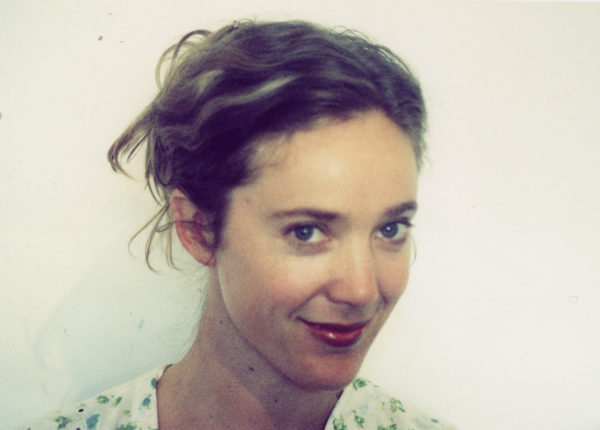
From Martine Murray:
Read what you love the most. Examine the sentences that sing to you. Keep them.
Martine Murray teaches Writing Captivating Picture Books online.